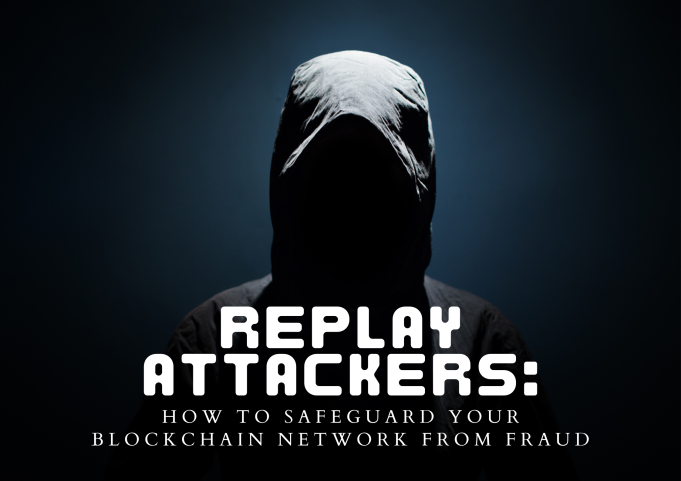Technology has advanced to the point that hackers can exploit sophisticated networks with minimal effort, one such attack being the replay attack. A replay attack is an attack in which an authorized user’s data is transmitted, intercepted and re-transmitted. This replay attackers is very attractive to hackers as the validity of the original data transmission allows the attack to slip through security protocols, allowing the hacker to manipulate data to their advantage.
Replay attacks can be used by hackers to gain access to confidential information stored on a secure network by using seemingly valid credentials and they can also be used to fool financial institutions into duplicating and approving sensitive transactions without any intervention or suspicion. Hackers have even created ways to attack by combining parts of different encrypted messages, where a network’s reaction to this kind of attack will provide the hacker with the valuable information they need to exploit the system further.
Replay attacks are becoming particularly relevant to the world of cryptocurrencies and blockchain technology. With the use of hard forks and their ability to divide existing ledgers into two, attackers can use a replay attack to fraudulently transfer the same number of cryptographic units into their own account twice. The vulnerability of forked blockchain ledgers to replay attacks is becoming a big concern but fortunately, strong replay protection measures are in place. This prevents attackers from replicating transactions on the original ledger after a hard fork and opt-in replay protection requires users to manually make changes to their transactions to stop would-be replays.
As technology becomes more advanced, replay attacks will become more concerning and with this, it’s important for users to take measures to protect themselves from falling victim to them. One way to do this is by locking coins from transferring until the ledger has been processed by a certain number of blocks. While this isn’t available on all wallets or ledgers, it’s a powerful way of stopping an attack from being successful.
It’s worth understanding that replay attacks are a real threat to the security of networks and the safety of information. Though they’re difficult to successfully implement, they’re still a risk which needs to be addressed by pursuing methods such as strong and opt-in replay protection. If you’re a user of a blockchain or a cryptocurrency, make sure you’re doing your best to protect yourself against this type of attack and be alert for any suspicious messages or requests for sensitive information.













